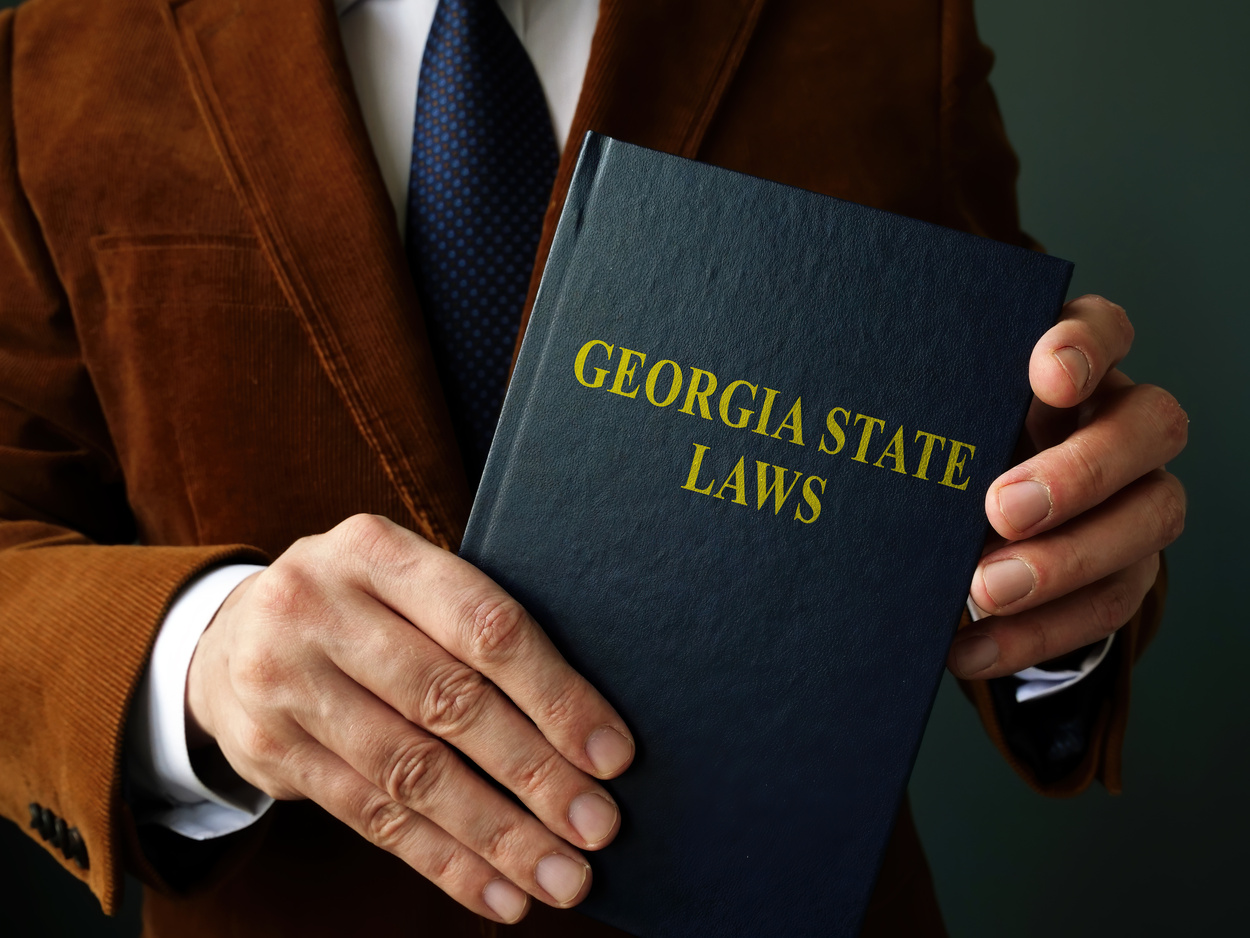Georgia, also known as the Peach State, is loved for its southern charm and hospitality. It is home to sprawling farms and miles of wonderful coastline, along with some of the most inviting cities in the nation. But like every other state, Georgia has its fair share of civil lawsuits that ultimately end with judgments.
Three types of judgments dominate the civil court docket in the Peach State: standard judgments, consent judgments, and default judgments. Regardless of the type of judgment one party might win against another, the tricky part is usually enforcement. Obtaining a judgment is often easier than enforcing it.
The Three Types of Judgments
A judgment is more or less a decision rendered in civil court, where one party might sue another for anything from personal injury to failure to pay debt. Most civil court cases end with a standard judgment following either a jury or bench trial.
In the case of a standard judgment, the party being sued seeks to defend itself in court. Both parties make their cases and leave it to either a judge or jury to decide. Whatever decision the court reaches is known as a judgment. It can be for one party, the other, or both.
Here is a brief explanation of the other two types of judgments:
- Consent Judgment – A consent judgment in Georgia is a decision rendered after both parties agree to settle their dispute without further litigation. The two parties sign off on the agreement and then it is up to the court to approve it.
- Default Judgment – A default judgment is rendered when one of the parties fails to participate in some way, shape, or form. In nearly every case, that party is the defendant. Perhaps the defendant does not answer the original summons. Maybe he answers but then doesn’t show up in court. A judgment is automatically entered in favour of the other party.
As far as collecting monetary awards, judgments in Georgia are similar to those in most other states. Collection, also known as enforcement, is not managed by the court. It is up to the winning party to figure out how to collect from the losing party.
Hopefully, It’s Easy
With any luck and a cooperative losing party, a judgment can be collected pretty easily. It is not unusual for winning parties, also known as judgment creditors, to try to work out payment plans with judgment debtors (losing parties). A payment plan is the simplest and least painful way to go. In the absence of a payment plan, there are other options.
Without getting into too much detail, judgment creditors in Georgia are looking at enforcement tools that may include some sort of garnishment or writ of execution that allows them to leverage personal assets to make payment. When judgment debtors do not cooperate, creditors need to decide whether to continue trying to collect on their own or bring in some help.
We Collect Georgia Judgments
A judgment creditor who decides that in-house collection isn’t going to work can turn the job over to an attorney or specialist collection agency. We are one such collection agency. We specialize in judgments. It is all we do. Assigning your judgment to our team means having professionals with knowledge, experience, and skill working on your behalf.
Every judgment debtor in Georgia would pay up immediately in a perfect world. But because this world is far from perfect, Judgment Collectors is here to work on behalf of creditors struggling to collect. Regardless of the type of judgment you have obtained in Georgia, enforcement is the tricky part. We can help.

